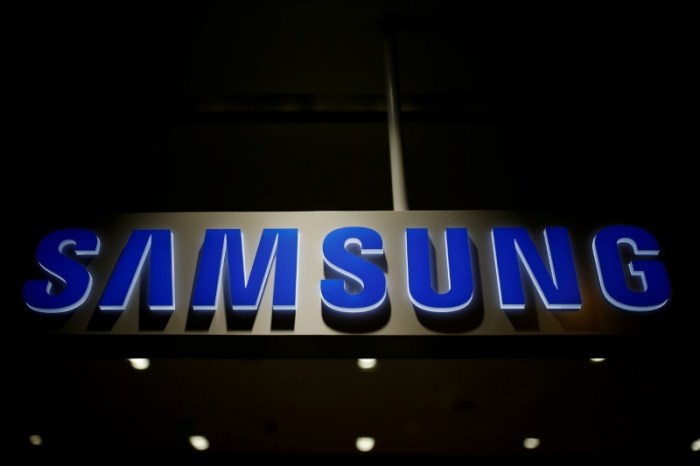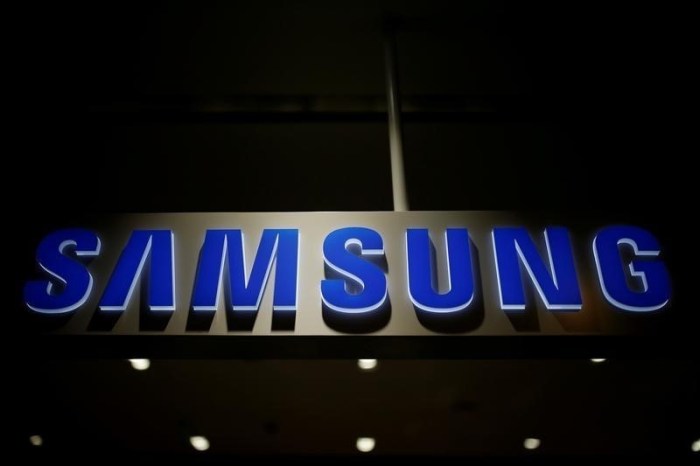By Heather Somerville
SAN FRANCISCO (Reuters) – A decade ago, Lightspeed Venture Partners was an obscure firm investing in highly technical startups that were mostly unknown outside of Silicon Valley.
The firm is now poised to cash in handily on the biggest technology IPO in three years, Snap Inc Lightspeed stands to reap one of its best returns from an investment that started as a $485,000 bet on a college student.
That investment in the owner of social media app Snapchat promises a big boost to Lightspeed’s status in the fiercely competitive Silicon Valley venture capital community. Firms that are perceived to pick the best companies, a group that includes Benchmark, Sequoia Capital and Andreessen Horowitz, can often beat out other VCs for coveted deals and raise more funding from their limited partners. “Monster IPOs in particular can be quite significant,” said Beezer Clarkson, a limited partner and managing director with Sapphire Ventures. “A fund’s reputation is strengthened, which can mean enhanced deal flow and greater confidence that lightning will strike again.” Lightspeed owns 87 million Snap shares, according to public filings, or 8.6 percent of the company. At the top of the expected IPO price range of $14 to $16 per share, that stake would be worth about $1.4 billion. It was the sole investor in Snap’s $485,000 seed round in 2012, an early stake that super-charged Lightspeed’s returns. A particularly big winner on Thursday will be Jeremy Liew, the Lightspeed partner who led the Snap investment.
“If you’re a venture investor and you can bag a dragon, that’s a spectacular outcome,” said Chris Albinson, co-founder and managing director of Founders Circle Capital. “That individual gets to do the victory lap and ride that for awhile.” And Lightspeed’s breakout is not limited to Snap. Cisco Systems Inc Lightspeed is also the largest shareholder in MuleSoft, an enterprise software company that filed for an initial public offering in mid-February. MuleSoft, AppDynamics and Nutanix are all part of Lightspeed’s 2006 fund. Lightspeed declined to comment, citing U.S. Securities and Exchange Commission rules that require investors to remain quiet during an IPO process.
Graphic on Lightspeed’s deal flow: http://tmsnrt.rs/2lrqoBK
STRATEGY SHIFT
Lightspeed was launched in 1999 by four partners who were experts in enterprise software and early internet companies, making only the occasional investment into consumer technology companies.
But then came the rise of social media. In 2006 Lightspeed hired Liew, who had been at AOL in operations and management roles. He did not have a highly technical background, but did have a knack for marketing and a strong personality that Lightspeed thought would raise the firm’s profile and help it break into the consumer sector. Sources close to Liew, 45, describe him as an investor who will travel halfway across the world and stay in a mediocre hotel to get a deal done. He is a fanatical researcher who once read Cosmo Girl and Teen Vogue, magazines for teenage girls, on the premise that consumer technology that enters the popular culture is first adopted by young women, who might lead him to the next hot company. He is well-known around Silicon Valley for his splashy wardrobe, which includes a selection of festive pants.
“He comes in and he wears his yellow pants and his crazy shirts and spews off some really smart things and people say, ‘I guess this guy really knows what he is talking about,'” said Brian Lee, co-founder and chief executive of The Honest Company. Liew was the first investor in The Honest Company and backed Lee’s previous startup, ShoeDazzle.
And he attended a bitcoin conference in 2013, when the cryptocurrency was still viewed “as kind of a joke,” said Peter Smith, CEO of digital currency startup Blockchain, where Liew is a board member. “He is exploring markets that most people think are nuts,” Smith said.
PayPal co-founder Max Levchin, now CEO of lending startup Affirm, met Liew when he tried to hire him around 2005, just before Liew went to Lightspeed. Years later, Liew reached out about Affirm, and “he basically followed me around for about a year before I was ready to take money,” Levchin said. Liew was the first outside investor in Affirm, alongside Khosla Ventures.
A shrewd dealmaker, Liew is described by many as prickly and outright abrasive in his critique of entrepreneurs.
Smith said Liew once sat in on his interview with a prospective employee, after which Smith got an earful on his interviewing style.
“If he has bad news for you he doesn’t put it between two slices of good news,” Smith said.
Liew and Lightspeed will now be under pressure to show they can repeat their success. They have some irons in the fire, with The Honest Company valued at about $1.7 billion by private investors, though it will be tough to match the Snap windfall. But the firm has plenty of money to play with. Lightspeed’s fund size has more than doubled since 2006, and it closed its 11th fund at $1.2 billion last year.
“Everyone in the Valley knows them now, and before that wasn’t the case,” said Curtis Lee, co-founder and CEO of Luxe, an on-demand parking company backed by Liew. “When I used to tell people about them I used to get blank stares.” (This story has been refiled to remove repeated words “the” in paragraph 4 and “fund” in paragraph 28.)
(Reporting by Heather Somerville; Editing by Jonathan Weber and Meredith Mazzilli)
Snap vaults venture investor Lightspeed into the Silicon Valley elite

By Heather Somerville

















